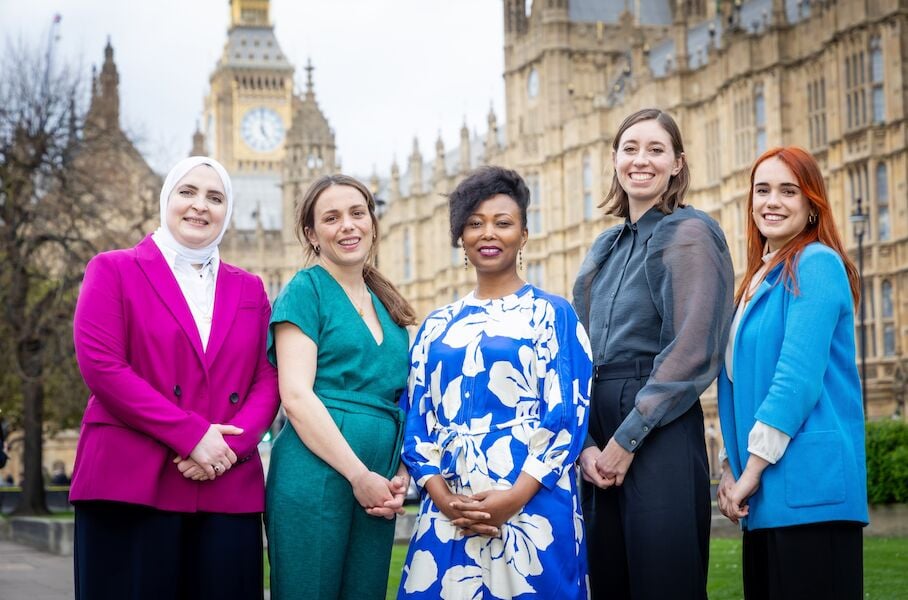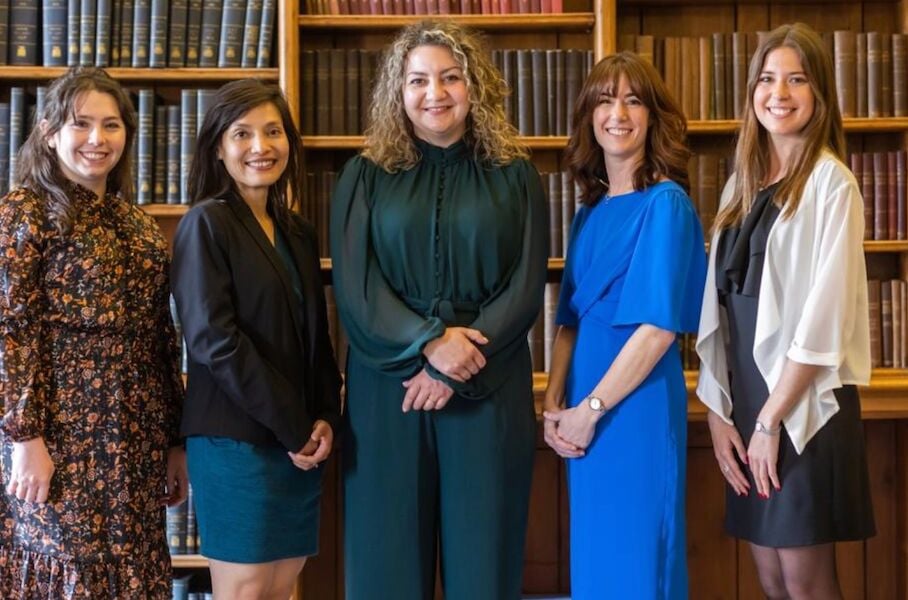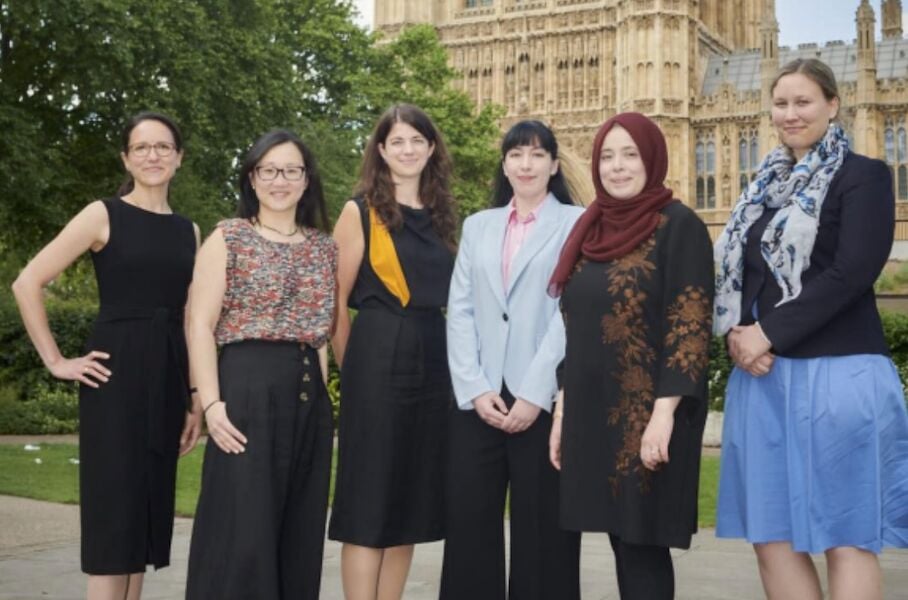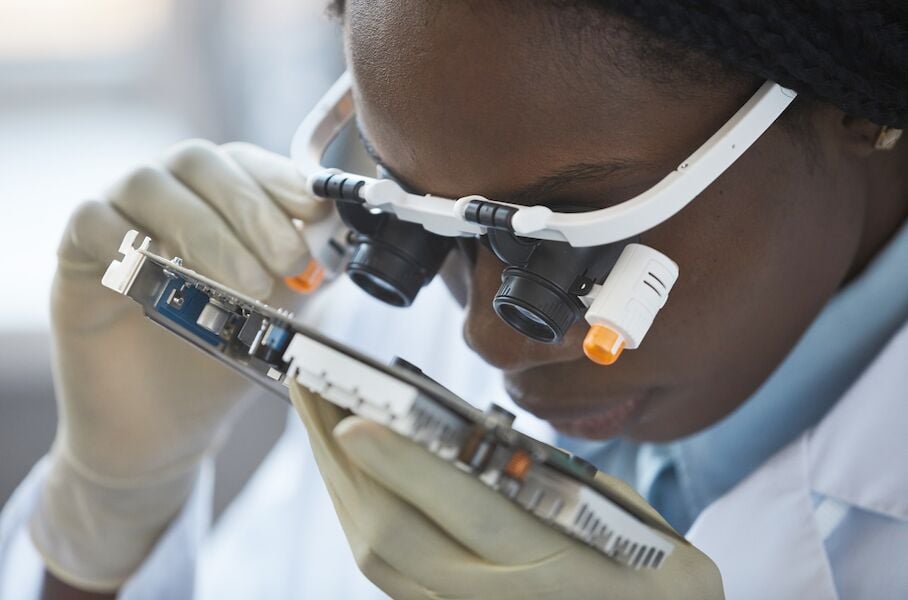Dr Jessica Wade is an Imperial College Research Fellow in the Department of Materials at Imperial College London. Her research considers new materials for optoelectronic devices, with a focus on chiral organic semiconductors. For her PhD Jess concentrated on new materials for photovoltaics and the development of advanced characterisation techniques to better understand their molecular packing. Outside of the lab, Dr Wade is involved with several science communication and outreach initiatives. She is committed to improving diversity in science, both online and offline.
The detection of weak magnetic fields is central to many technologies, from low-power computation and memory devices to brain imaging and materials safety testing. In an effort to realise low-cost, light-weight and ultra-sensitive magnetic field detectors, Dr Wade will make use of the remarkable properties of conjugated organic materials. Specifically, she plans to take an optical approach to magnetic field sensing via a magneto-optic phenomenon known as Faraday rotation.











